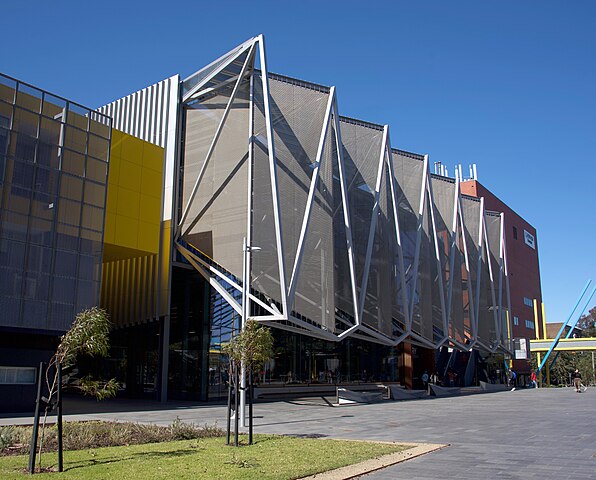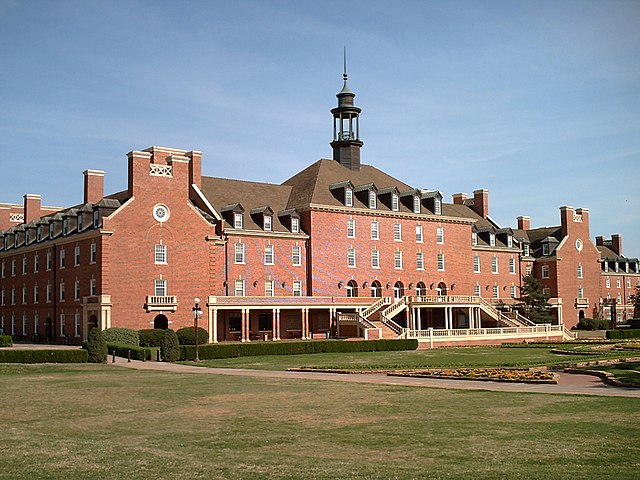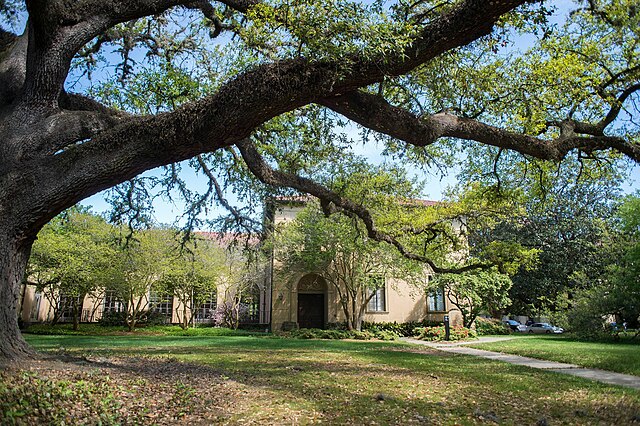Introduction to the research group: The Microbiome and Microbial Communities (MMC) group is dedicated to understanding and designing microbial communities, which are central to various fields, from human health to plant agriculture and ecology. Despite the pivotal role of microbial communities in diverse ecosystems, our understanding of the microbial world is hindered by the vast diversity of microbes. As our knowledge of microbes evolves through the use of next-generation sequencing techniques, significant opportunities arise to comprehend and engineer microbial communities for various applications.
In our group, we focus on employing novel in-vitro, in-silico, and in-vivo techniques, relying on the principles of chemical and biological engineering to find solutions to various problems impacted by microbes. Our primary objective is to find therapies based on the gut microbiome, a massive collection of microbes that live within our intestine. Meanwhile, a variety of approaches we explore can be broadly applied to other systems, such as soil and plant microbiomes as well as bioprocessing.
Projects: Recent discoveries have highlighted the significant role of the gut microbiome beyond food digestion, impacting overall body function and homeostasis in various organs. However, understanding this complex system remains challenging due to limited accessibility and gaps in knowledge regarding microbial function, structure, and interactions. To decipher this complex system, we aim to build bottom-up models at the niche level using miniaturized gut-on-a-chip devices, which can model microbial interactions.
These models, coupled with imaging, bioanalytical and omics techniques, provide insights into microbial behaviours, while computational modeling helps analyze interactions based on experimental data. We will use these approaches to obtain: (i) predictions of the functional properties of microbiome from compositional data, (ii) predictions of the conditions that lead to microbial imbalance, and (iii) designs for personalized microbial therapies (including fecal transplants, probiotics, and phage therapies) to address microbiome functional, compositional, and structural deficiencies.
Qualifications: We are seeking self-motivated students with the ability to conduct independent research as well as collaborate effectively within a team. Applicants must possess a strong background in chemical or bioengineering, competent programming, and data analysis skills, as well as introductory or higher-level knowledge in microbiology and bioinformatics. Priority will be given to applicants with experimental experience in microbial culture or microfluidics. Additionally, having peer-reviewed publications is considered an asset. For international applicants required to take an English language test, this criterion must be fulfilled.
How to apply: Interested applicants are directed to respond to amin.valiei@monash.edu with the title: “Ph.D. Positions on Microbial Communities” and include the following:
- A brief statement of motivation (maximum of 2 paragraphs) regarding their background and how they are suited for the position, in the body of the email.
- CV listing published peer-reviewed articles.
- Copies of bachelor’s and master’s transcripts.
- Applicants required to take the English test should indicate their test scores in the body of the email.
- The names and contact information of two referees.
- Information on whether the applicant needs to apply for a visa.
About Monash University: Monash University is a public research university based in Melbourne, Victoria, Australia. It is a member of Australia’s Group of Eight research universities and is ranked 38 globally. It is the largest university in Australia, with four campuses in Victoria, in addition to international campuses in Italy, China, India, Indonesia, and Malaysia. The Department of Chemical and Biological Engineering at Monash is ranked number 1 in Australia, with research spanning diverse themes from energy to biological engineering and material science. Monash University acknowledges and pays respects to the Elders and Traditional Owners of the land on which its Australian campuses stand.
Number of Ph.D. positions: 2
Location: Melbourne, Australia
Start date: July 2024
Scholarship duration: 3.5 years
MONASH University




yes